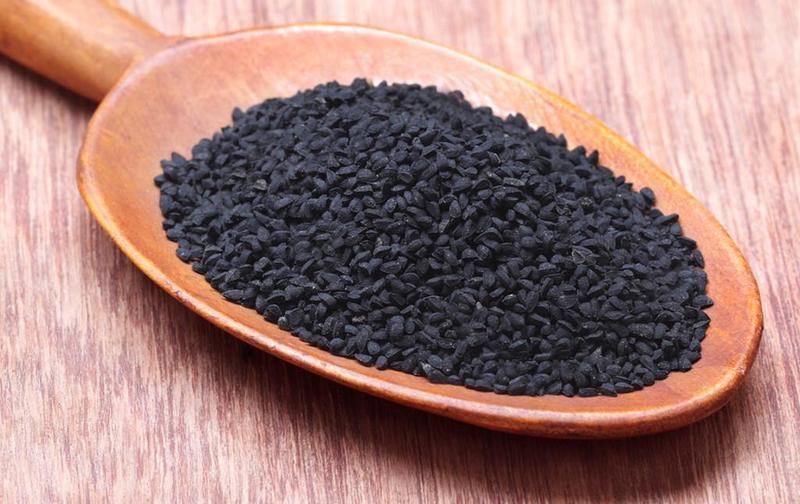What is black cumin seed oil good for?
What is black cumin seed oil good for?
Black cumin seeds may be the best kept secret of the medicinal healing world. They come from a flowering plant native to Asia called Nigella sativa (Ranunculaceae), which has been used in folk and herbal medicine since 2 B.C. Black cumin seed oil is particularly popular in ayurveda medicine, India’s ancient science of health and rejuvenation.
The seeds and their oil traditionally have been used to treat respiratory conditions, digestive issues, kidney and liver function, cardiovascular problems, immune system support, skin conditions and general well-being. The prophet Mohammed reportedly once said black cumin cures every disease but death itself.
“Ayurveda recommends that we gently apply the oil to all parts of our body, and then follow it with a hot water shower,” says Acharya Shunya, founder of Vedika Global and president of the California Association of Ayurvedic Medicine. The effects for the body and mind are said to be transformative if done weekly.
What’s more, black cumin is loaded with anti-microbial, anti-fungal and anti-inflammatory properties. It’s also packed with essential vitamins and minerals. Some people use the seeds for autoimmune disorders as well. Plus, many of its benefits have been reported in many peer-reviewed studies, including its effectiveness for reducing fasting glucose in the treatment of diabetes, decreasing blood pressure in hypertension patients, antibacterial effectiveness in the fight against MRSA infections, reducing throat pain in tonsillitis and much more.
“Black cumin oil soothes inflamed skin, decreases the appearance of scars and smooths chronic dry skin,” says Rebecca Lee, RN, a New York City nurse and founder of Remediesforme.com. She also likes it for psoriasis and eczema.
Part of the Buttercup family, black cumin seeds are small, black, crescent-shaped kernels reportedly used by King Tut, Cleopatra and Hippocrates. The seeds include vitamins B1, B2, B3, calcium, folate, iron, zinc and copper; compounds such as crystalline nigellone and thymoquinone; as well as myristic acid, palmitic acid, stearic acid, oleic acid, and linoleic acid.
Trying it for yourself
A typical dose includes taking one daily teaspoon of black cumin oil. You can mix it with honey to be more palatable. You can make tea from the seeds by pouring hot water over one tablespoon of seeds and letting the brew steep for 10 minutes. If you’re pregnant or nursing, speak with your doctor before trying this.
Add the oil directly to shampoos, conditioners and moisturizers to improve the condition of skin and hair, alleviate dryness and restore health. “Black seed oil has great benefits for the skin and helps to nourish and moisturize. At Colorado Aromatics, we use black seed oil as an ingredient in our Sole Pleasure Foot Butter,” says Cindy Jones, PhD, formulator, founder and CEO of Colorado Aromatics, which creates natural skincare products from medicinal plants grown on their Longmont farm.
One last thing: Black cumin seeds are often confused with black sesame seeds, as they look very similar. And sometimes, the generic term “black seed” may be used to refer to many types of black seeds, such as cumin, sesame or caraway. So read carefully as you shop if you want black cumin seed and oil in particular. The best oils are organic, cold pressed, 100 percent black cumin and packaged in a dark colored glass jar to protect the delicate oil from turning rancid.
by Jennifer Nelson For Mother Nature Network
Be the first to post a message!
